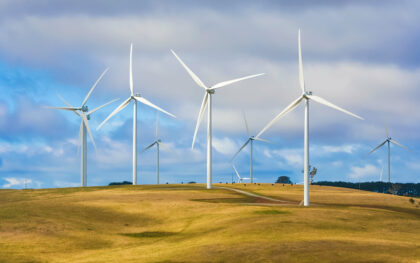Terrestrial Ecology for Engineers
Overall Course Objectives
The principle goal of the course is that engineering students obtain a generic scientific understanding of the structure and functioning of terrestrial ecosystems. This enables them to evaluate how ecosystem provide services for the human society and how vulnerable ecosystems are to perturbation by anthropogenic activities. Emphasis will be given to specific topics of high relevance to environmental engineering such as soil properties, bioproduction, biogeochemical cycles, bio-monitoring, bio-remediation, ecological engineering and impact of human activities such as air pollution and land-use change.
Learning Objectives
- Evaluate ecosystem behaviour based on a set of principles for terrestrial ecosystems.
- Understand how soils form and how they affect ecosystem processes
- Understand basic processes in plant ecophysiology related to water relations and carbon uptake
- Analyse how terrestrial ecosystems develop and change over temporal and spatial scales.
- Apply simple mathematical models as predictive tools of ecosystem behaviour.
- Take samples and measurements in the field, and conduct laboratory analyses and analyse, report, and present the results.
- Compare element cycle characteristics of ecosystems of major biomes in different climates.
- Evaluate nutrient loadings on ecosystem stability based on mass balance.
- Assess ecosystem services of given ecosystems and envision the potential for nature based solutions.
- Evaluate the resilience and responses of ecosystems to perturbation, whether natural or man-made, e.g. climate change.
Course Content
Environmental issues are often related to human health and impacts on natural systems, i.e. ecosystems. In this course we will study what terrestrial ecosystems are and how they work, to be able to understand the background of environmental regulations and the potential of ecosystems to solve societal problems. The course addresses specifically the UN SDG, 15 Life on Land and 13 Climate Action.
The focus of the course will be mainly on soils, vegetation and ecosystem – atmosphere interactions. Topics include: Ecosystem structure, soil characteristics, energy and water cycling, plant production, soil organic matter, organisms and ecosystem processes, ecosystem modeling, biogeochemical cycles, global change, ecosystem services, ecosystem resilience, and environmental impact of perturbations.
Two practical exercises are included: soil sampling and analysis, and measurements of plant-atmosphere relations.
Teaching Method
Lectures, theoretical and practical exercises




